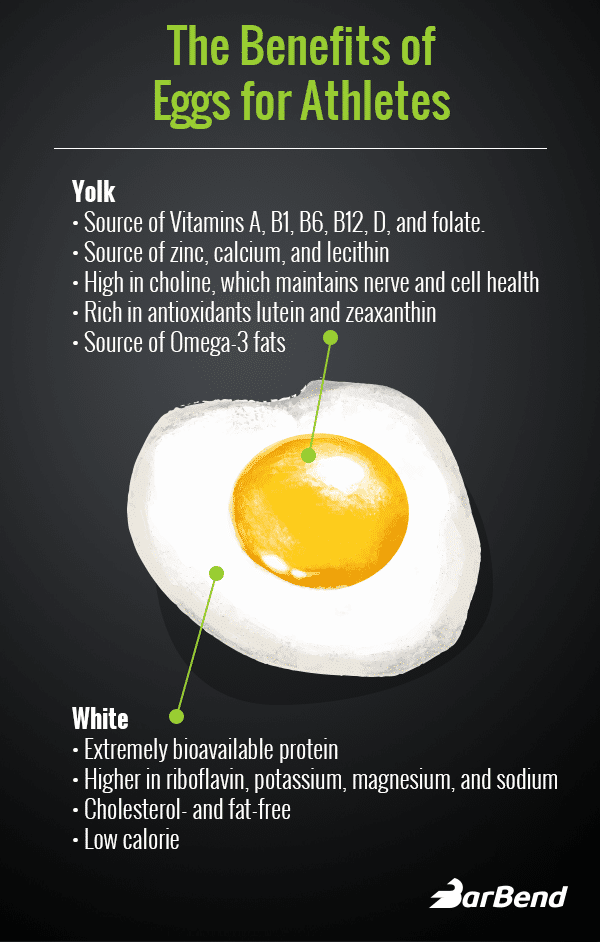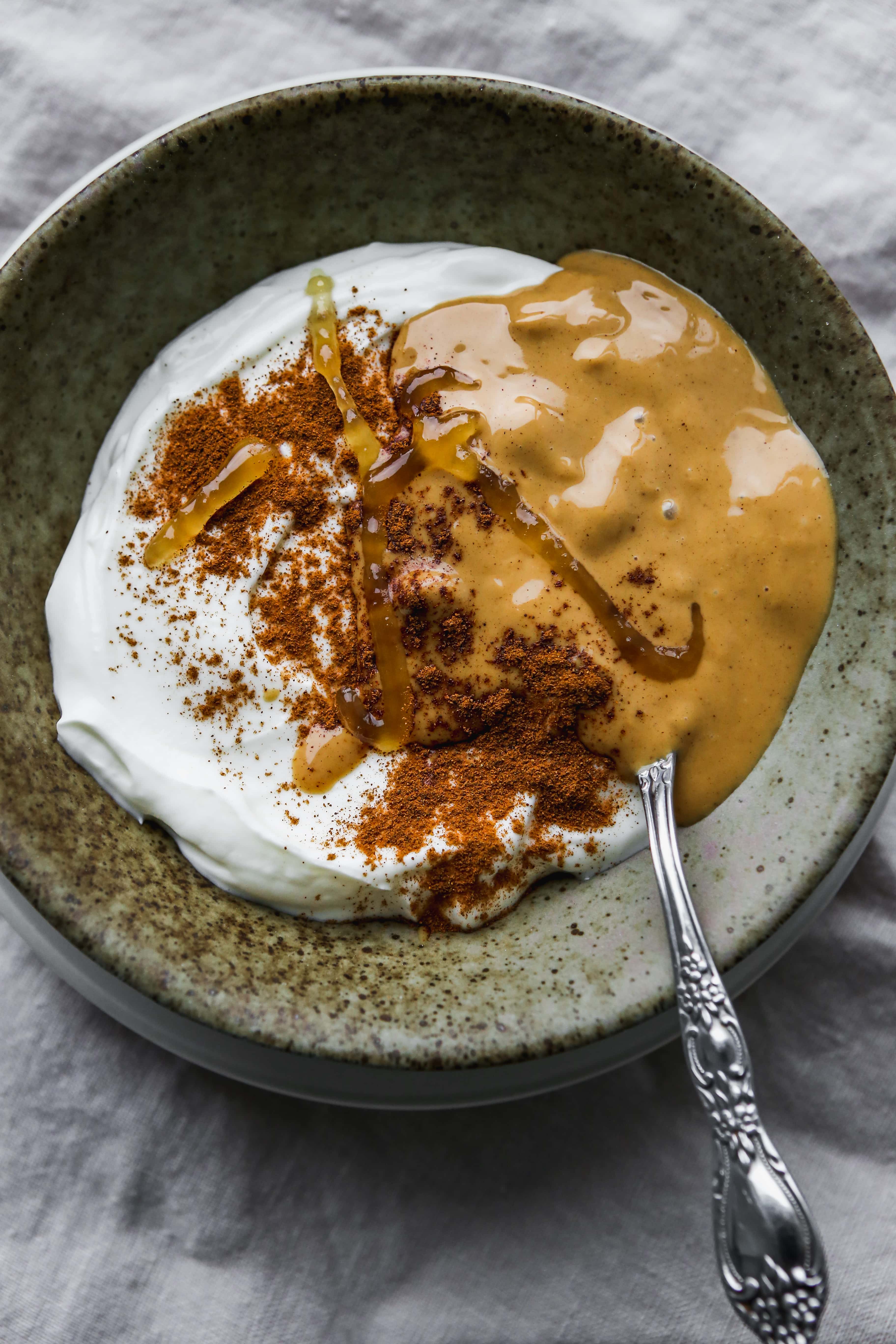
Building muscle isn’t just about hitting the gym—it’s also about fueling your body with the right foods. When you pair resistance training with smart nutrition, your muscles get the building blocks they need to grow and repair. Studies show that protein-rich whole foods play a key role in stimulating muscle protein synthesis (the process of repairing and building muscle fibers) and supporting recovery.
Here are five excellent muscle-building foods, along with how they support your gains, what to look out for, and how to fit them into your daily eating.
1. Eggs

Eggs are a classic for a reason. They contain high‐quality protein, essential amino acids (including leucine, which is especially important for muscle synthesis), and are relatively inexpensive and versatile. (Medical News Today)
Why they’re great:
- One large egg provides about 6 g of protein, along with vitamins B12, D, and choline (which supports metabolism). (Medical News Today)
- Leucine content helps trigger the muscle‐building process.
- Easy to prepare many ways (boiled, scrambled, omelettes) making them convenient for post-workout or breakfast.
How to use them:
- Try a 3-egg omelette with veggies for breakfast to kickstart your protein intake for the day.
- For post‐workout, pair a couple of eggs with whole-grain toast and some fruit.
- If you’re watching calories/fat, you could use 2 whole eggs + 2 egg whites.
Tip: Make sure you’re getting enough total calories and nutrients around your workouts—just eggs alone won’t build muscle unless the overall diet and training support it. (Verywell Fit)
2. Salmon

Fatty fish like salmon pack a punch: they’re rich in protein and beneficial fats (omega-3s) that support muscle growth and recovery. (Muscle & Fitness)
Why it’s powerful:
- A 227 g (≈8oz) salmon steak can deliver roughly 58.5 g of protein.
- The omega-3 fatty acids may help reduce inflammation and support muscle recovery.
- Also provides vitamin D, selenium, B vitamins—nutrients important for overall health and muscle function.
How to fit it in:
- Grill or bake salmon for dinner with a side of roasted sweet potatoes and veggies.
- For convenience, canned wild salmon or sockeye is an option (just check for sodium).
- Aim to include this fish 1-2 times per week in your rotation.
Tip: Choose wild or sustainably farmed salmon where possible for better omega-3 profile. Also make sure you have adequate carbohydrate intake around workouts; fat alone won’t fuel strength training. (Verywell Fit)
3. Greek Yogurt (or Cottage Cheese)

Dairy based foods like Greek yogurt and cottage cheese are under-appreciated—yet they deliver high protein and are great for snack or post-workout nutrition. (Medical News Today)
Why these work:
- Greek yogurt: ~10.3 g protein per 100 g; cottage cheese: ~24.2 g per cup (low‐fat version)
- They provide both fast- and slow-digesting proteins (especially cottage cheese), which can help muscle repair overnight.
- They’re rich in calcium and other micronutrients that support bone and muscle health.
How to use:
- Post-workout: Greek yogurt + berries + a drizzle of honey for carbs + whey/plant protein if needed.
- Before bed: Cottage cheese + sliced banana or almond butter—slow protein digestion helps overnight muscle repair.
- As a high-protein snack between meals to hit your daily target.
Tip: Go for plain or “lightly sweetened” versions to avoid excessive added sugar. Monitor dairy intake if you’re sensitive.
4. Whole Grains & Complex Carbohydrates

While protein gets most of the spotlight in muscle building, carbohydrates play an essential supporting role by supplying the energy your body needs to train hard and recover. (YoPRO)
Why carbs matter:
- When you lift weights, your muscles tap into glycogen stores (carb energy). Without carbs, your body may start using muscle for energy.
- Whole grains provide not just carbs, but fibre, vitamins and minerals—supporting overall health and digestion.
How to include them:
- Pre-workout meal: brown rice or quinoa + lean protein + veggies (1-2 h before session).
- Post-workout: increase carbs slightly to refill glycogen—e.g., sweet potato + chicken + greens.
- Throughout day: go for whole grain bread, oats, quinoa as regular staples rather than refined white bread/pasta.
Tip: Don’t just load up on carbs without protein—pairing carbs and protein optimizes muscle repair and growth post-workout. (Healthline)
5. Legumes & Plant-Based Protein Sources

If you follow a vegetarian or mixed diet, or just want to diversify your protein sources, legumes (beans, lentils), tofu/tempeh and other plant-based foods are excellent.
Why they matter:
- They provide plant‐based proteins along with fibre, vitamins, minerals and lower saturated fat.
- A good option for varying protein sources and reducing reliance solely on animal protein.
- Some legumes also supply carbs, which help fuel your workouts and recovery.
How to work them in:
- Lunch: Lentil or chickpea salad with roasted veggies and olive oil.
- Dinner: Tofu stir-fry with brown rice and mixed vegetables.
- Snack: Edamame or a handful of mixed nuts + legumes as a plant-protein snack.
Tip: Some plant-proteins are lower in certain essential amino acids (e.g., lysine in grains) so combining them (legumes + grains) can help ensure a full amino acid profile. (YoPRO)
Putting It All Together
To maximize muscle-building from your diet:
- Hit your total protein target. Research shows that total daily protein intake is a key modulator of muscle mass.
- Ensure you’re eating enough calories. If you’re too low overall, your body may struggle to build muscle even with good protein.
- Prioritize recovery and timing. Combining protein and carbs post-workout helps promote repair and glycogen replenishment. (NASM Blog)
- Balance your macros and food variety. Don’t focus solely on protein—healthy fats and carbs are important too.
- Strength training is still required. Food alone isn’t enough—muscle growth occurs when you challenge muscles with resistance + then feed them properly.
Final Thoughts
These five food groups—eggs, salmon, dairy (Greek yogurt/cottage cheese), whole grains/carbs, and legumes/plant proteins—form the backbone of an effective muscle-building diet. They deliver high‐quality protein, essential amino acids, beneficial fats, carbohydrates for energy, and nutrient density to support performance and recovery.
Discover more from Stimulife Health Blog
Subscribe to get the latest posts sent to your email.
Published